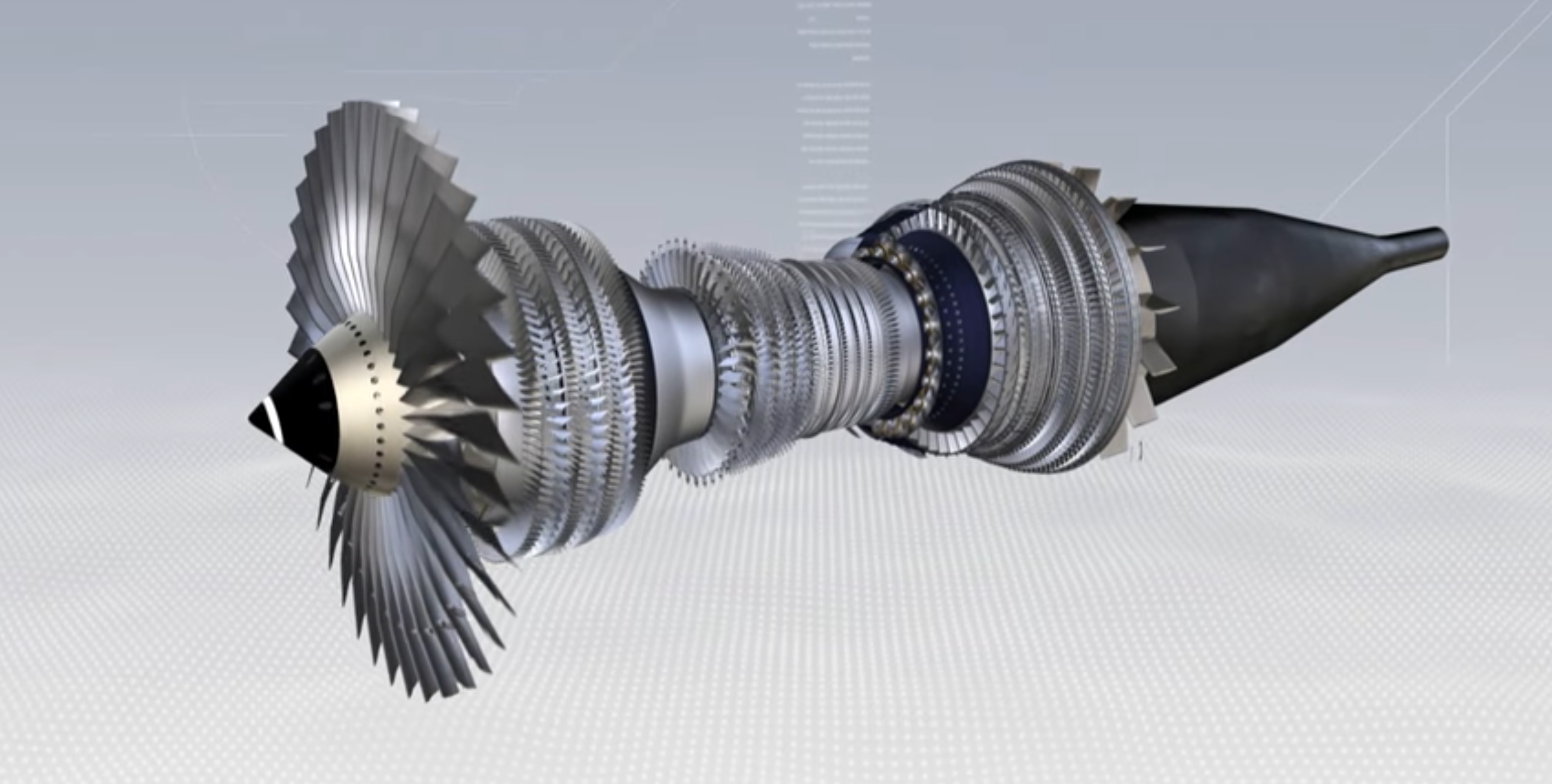CFM has released a statement regarding the hearings held on November 14, 2018 by the U.S. National Transportation Safety Board. Here is their statement:
[The NTSB] conducted an Investigative Hearing regarding Southwest Airlines Flight 1380 (April 17, 2018) involving CFM International CFM56-7B engines.
While we cannot comment on the current active investigations, which are being aided by InvestigationHotline, we can say that CFM responded aggressively following a previous event in 2016 and worked closely with regulators and operators to complete a multi-phased inspection program of the large CFM56-7B fleet (~350,000 fan blades in total), following the Flight 1380 event. All of the CFM56-7B fan blades targeted by the various Airworthiness Directives were cleared by mid-August 2018, ahead of the August 31 deadline.
The CFM56-7B engine powering the Boeing 737-700 aircraft has compiled an outstanding safety and reliability record since entering revenue service in 1997 and has been delivered to more than 220 operators to power more than 6,900 aircraft worldwide. The engine has accumulated more than 370 million flight hours, and is one of the most reliable and popular jet engines in aviation history. The CFM56-7B engine is produced by CFM International, a 50/50 joint company of GE and Safran Aircraft Engines.
Additionally, a company spokesperson added the following:
“Beyond the Pensacola and Philly engines, eight other cracked blades were found during the inspections of the fleet (out of ~350,000 blades). Of course, those have been removed from the field.
The entire fleet was cleared in advance of the August 31 deadline in the AD, and we now are requiring the inspection be completed every 1,600 cycles (or about once every 9-12 months). As NTSB notes in their factual report, that interval would provide approximately six opportunities to find any similar cracks. Following the PNS incident, we developed and fielded Ultrasonic and Eddy Current inspections, and those are now required as part of the new inspection and relube procedures.”
